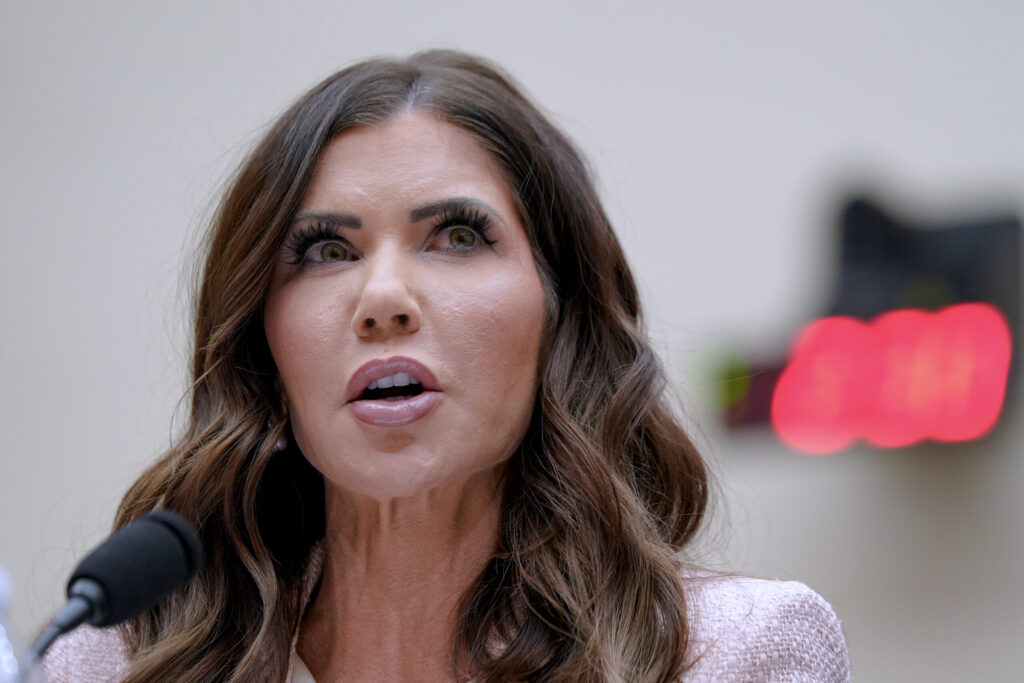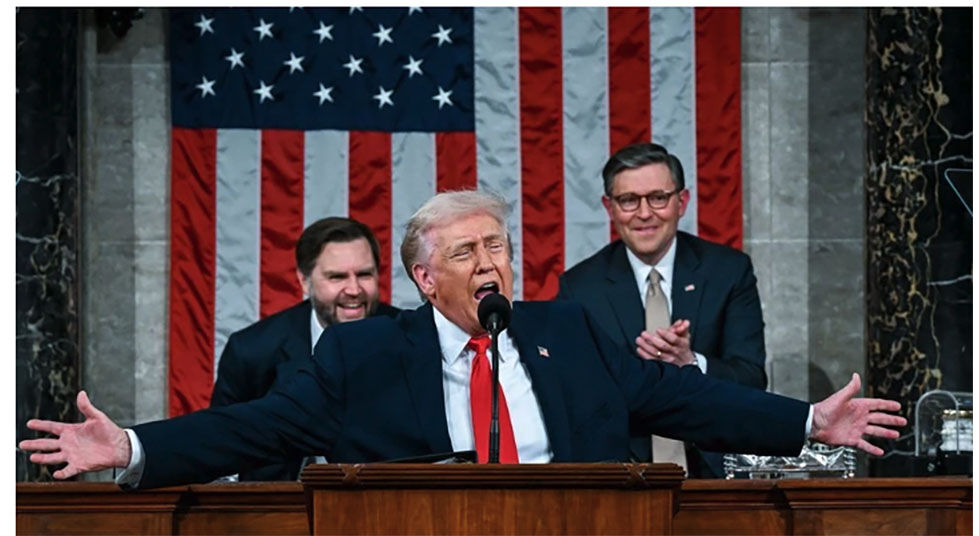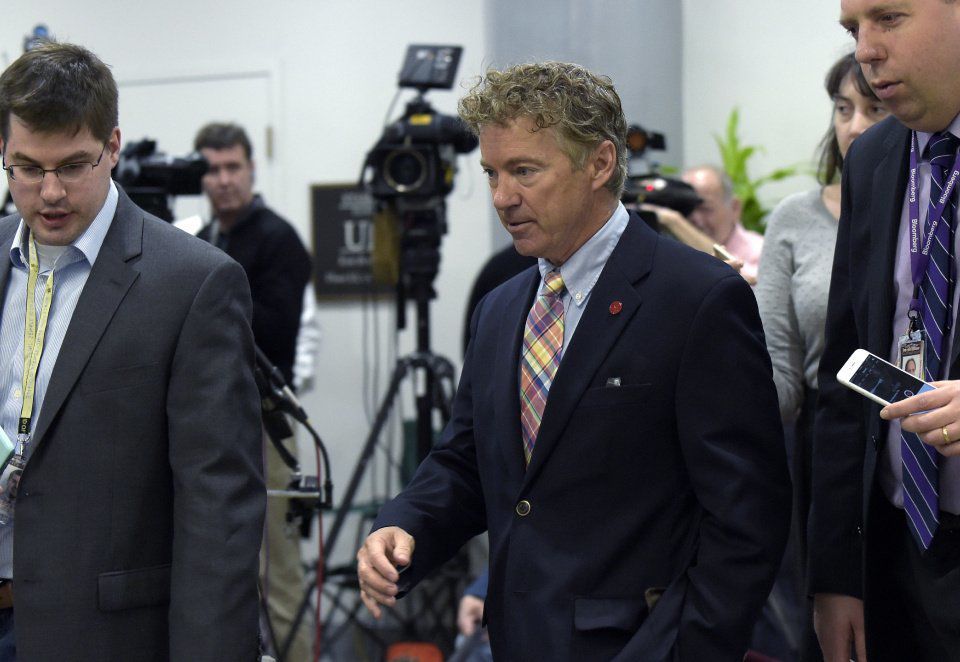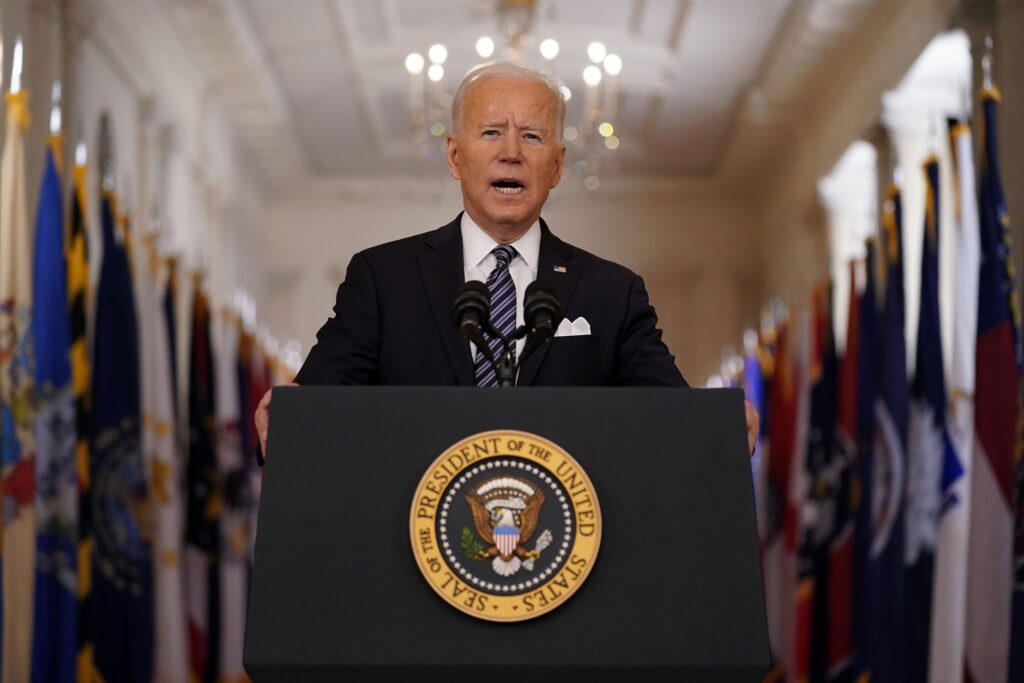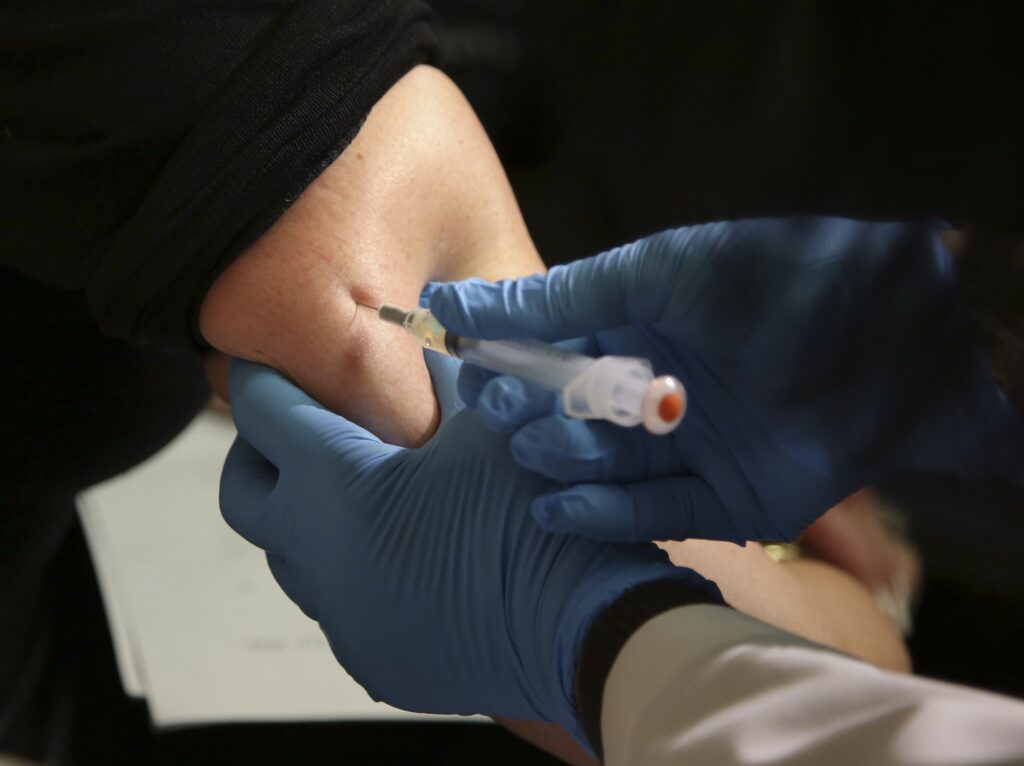Hickenlooper’s special session could get messy, lawmakers warn
A simple fix may turn out to be pretty complicated.
Gov. John Hickenlooper’s plan to fix a problem with the landmark legislation that reclassified the state’s hospital provider fee program may have hit a snag: the two Republican lawmakers who helped marshal the bill through the General Assembly have no intention of helping with the fix.
And some lawmakers may try to use the special session to curry favor with conservatives, both in and out of the state Capitol, who have been relentless in their criticism of the law.
The governor announced Thursday he would call lawmakers back for a three-day session to deal with a drafting error on Senate Bill 267. A bill, by law, needs a minimum of three days to pass the legislature.
Missed by lawmakers and bill drafters alike, omission of the words “special district” in the bill’s section on marijuana taxes. As a result, special taxing districts have been unable to receive tax revenue from the state’s nearly billion-dollar marijuana industry. The largest of these districts are the Scientific and Cultural Facilities District, which funds more than 200 arts and cultural programs in the metro Denver area; and the Regional Transportation District, which told KUSA in July the error was costing them about a half-million dollars per month.
Thursday night, Senate President Pro-Tem Jerry Sonnenberg, a Sterling Republican who was one of two Senate sponsors of Senate Bill 267, fussed that he hadn’t been told about the special session by the governor until after the announcement was made. “This is not the way government should work in Colorado,” Sonnenberg said in a statement. “Calling a special session without an understanding of the game plan, or proper consultation with the legislators involved, is an irresponsible use of taxpayer dollars.” A special session is expected to cost around $20,000 per day.
Sonnenberg’s slam on the governor signifies a growing breakdown in what usually has been a productive relationship, but one that began to turn sour just after the session ended.
That started when the governor held an elaborate signing ceremony for the provider fee bill on May 30 in Fowler, in southeastern Colorado. Sonnenberg and his House counterpart and fellow bill sponsor, Republican Rep. Jon Becker of Fort Morgan, had asked for a ceremony at a hospital in Hugo, more than 100 miles north. That request was based on the bill’s main goal of preventing a half-billion dollar cut to hospitals. Becker and Sonnenberg did not attend the signing ceremony. Hickenlooper’s office defended the move, saying he did not intend to slight the two lawmakers.
Both lawmakers have indicated their sponsorship of SB 267 was risky but worthwhile because it would save up to a dozen rural hospitals. But their sponsorship has drawn strong criticism from groups like the Colorado Union of Taxpayers and the Independence Institute and its president, Jon Caldara, who claim the provider fee bill violated the Taxpayer’s Bill of Rights (TABOR). Caldara has waged a months-long battle on social media, TV and print against SB 267 and anyone connected to it.
https://twitter.com/JonCaldara/status/908522309408874496
Becker, angry about the signing snub, said at the time that his willingness to work with the governor was at an end. He reiterated that position Friday morning, in a tweet where he said he would be a “hard no on the fix” unless the special session also looked at funding for transportation from existing state dollars.
https://twitter.com/RepJBecker/status/908669659565756417
Becker told Colorado Politics Friday he won’t be a sponsor on the fix and thinks it is “silly” to hold a special session over just one small item. Becker wants to see the special session address the state’s backlog of road and bridge fixes. He believes, as many Republicans in the legislature do, that the state can fund those fixes, at about $9 billion over the next decade, with existing resources.
Sonnenberg told Colorado Politics he’s “out” on any bill in the special session to address the fix. He said he had told the governor he would sponsor a bill to address the problem in the next regular session, which begins in January, but not through a special session.
Losing Becker as a sponsor in the House isn’t likely to be a deal-breaker on the fix, because the measure is likely to pick up more than enough support from House Democrats, who hold a nine-seat majority and can count on Speaker of the House Crisanta Duran of Denver and the bill’s Democratic sponsor, Majority Leader KC Becker of Boulder.
It’s a different story in the Senate. Democrats are likely to hold together on a fix in the Senate, although whether Senate Minority Leader Lucia Guzman of Denver will sponsor the measure is unknown. She did not return a call for comment.
That the fix won’t have Sonnenberg’s backing may put the issue onto the shoulders of Senate President Kevin Grantham, a Cañon City Republican who backed the original bill. Another question is whether Republicans who have never liked the measure may try to use it to get what they didn’t get the first time around.
Grantham has not weighed in on the fix yet, but he was also a “yes” vote on the final bill and was also at the signing ceremony. A call to Grantham to find out what he’s planning was not returned.
Jon Becker predicts the special session could turn into a firestorm.
That refers to what Republicans, especially in the Senate, could do with the bill once it’s introduced. One idea floating around is an amendment to lower the TABOR revenue limit by an amount closer to the amount the provider fee took out. That could help tamp down some of the criticism some Republicans have taken over their support of SB 267.
The law lowered the TABOR revenue limit by $200 million, but that’s far short of how much the revenue limit changed when the provider fee revenue came out. Many Republicans wanted a drop that was more reflective of the total provider fee revenue, as much as $800 million. Dropping the TABOR revenue limit by that much was a deal breaker for Democrats, who backed the compromise at $200 million.
House Majority Leader KC Becker of Boulder, the House Democrat who co-sponsored the provider fee bill, said Friday that she wants to see a straightforward fix, but has not yet committed to being its sponsor. She told Colorado Politics that she hopes lawmakers will be responsible, good citizens and fix what should be a simple problem.




